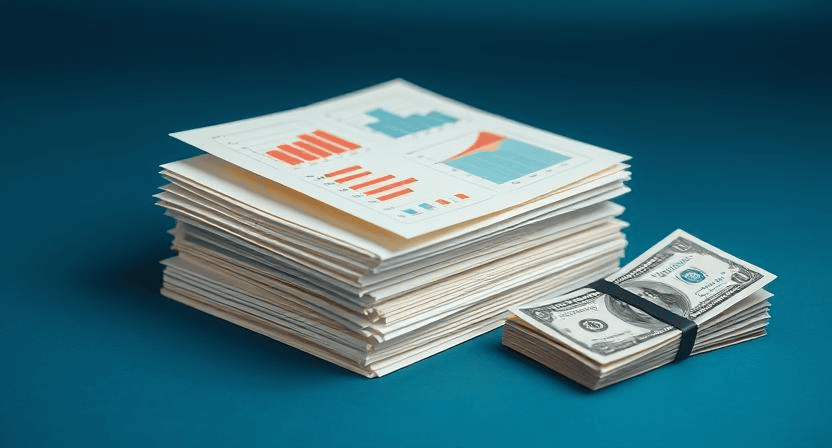As a realtor in Canada, understanding special assessments (also known as special levies) is crucial for advising clients on the financial implications of condo ownership.
Special assessments are unexpected charges levied on condo owners to cover unforeseen expenses or major repairs not covered by the reserve fund.
By the end of this article, you will have a comprehensive understanding of what special assessments are, their types, their impact on Canadian condo owners, and practical steps to manage or avoid them.
What is a Special Assessment?
A special assessment is a one-time fee added to condo owners’ common monthly fees. It’s primarily used to address financial shortfalls or unexpected events when the reserve fund is insufficient.
These could be incidents like roof damage, legal litigations, or severe floods, to name a few. In Canada, these assessments are common in both condos and strata properties.
Special assessments are typically calculated based on the unit owner’s percentage of common expenses. For instance, if a condo building requires a $30,000 roof repair and there are 40 units of equal size, each owner might be assessed $7,503.
The condo board determines the amount each owner must contribute, and owners can usually pay in installments according to the condo bylaws.
Types of Special Assessments
Special assessments can arise from various situations:
- Major Repairs: These include roof replacements, elevator upgrades, or plumbing repairs that exceed the reserve fund.
- Emergency Damage: Events like storms causing roof damage or flooding may necessitate immediate repairs beyond the available funds.
- Significant Upgrades and Improvements: Upgrades to amenities like pools or gyms may require special assessments if not budgeted for.
- Compliance with Building Codes: Changes in building codes can lead to assessments for necessary modifications.
The Impact of Special Assessments in Canada
This should discuss the impact of Special Assessments across Canada and how it negatively effects Canadians, what people are doing now, etc.
Eli Report has original data based on over 4,000 strata properties, revealing significant differences between provinces.
In British Columbia, it’s estimated that over 100,000 condo owners face a special levy each year, with the average amount expected to exceed $7,500 in 2025.
Special assessments have a significant impact on Canadian condo owners, often causing financial strain and community tension.
The rise in special assessments across cities like Calgary and Toronto has led to owners facing thousands of dollars in extra costs, sometimes forcing them to sell units below market value. Additionally, special assessments can strain community relationships and affect the resale value of condos, making them less attractive to potential buyers.
Got a Special Assessment? Here’s What To Do
If you receive a special assessment, here are the basic steps to follow:
- Understand the Assessment: Review the notification to understand the reason for the assessment and the amount you owe.
- Payment Options: Check if installment plans are available and set up payments according to the condo bylaws.
- Seek Advice: If you disagree with the assessment, consult with the condo board or seek legal advice.
- Negotiate with Buyers/Sellers: If you’re selling or buying a condo with an upcoming assessment, consider negotiating the price or including a clause for the assessment.
Avoiding Special Assessments when Buying a Property
To mitigate the risk of special assessments, potential buyers can use tools like Eli Report to review condo documents quickly.
This service helps uncover critical information about the building’s financial health, reserve funds, and potential upcoming assessments. Here’s how to use it effectively:
- Review Reserve Funds: Ensure the building has sufficient reserves for future repairs.
- Check Insurance Coverage: Verify that the condo has adequate insurance to cover unexpected damages.
- Evaluate Past Assessments: Look at the history of special assessments to gauge the likelihood of future ones.
- Engage with the Community: Talk to current owners about their experiences with special assessments.
Pro Tip: Use Automated Condo Document Review Software like Eli Report, to review documents in minutes, not hours. And get key insights to the building and condo’s financial health.
Final Thoughts
Special assessments are a reality for many Canadian condo owners, but understanding their nature and impact can help realtors advise clients more effectively.
By being proactive in reviewing condo documents and understanding the financial health of a building, buyers can make more informed decisions.
As the Canadian real estate market continues to evolve, staying informed about special assessments will remain crucial for both realtors and condo owners.
